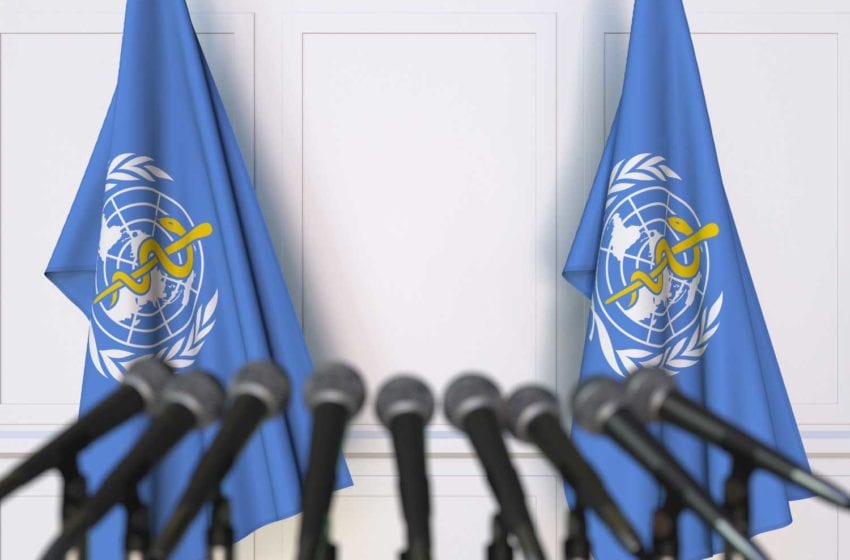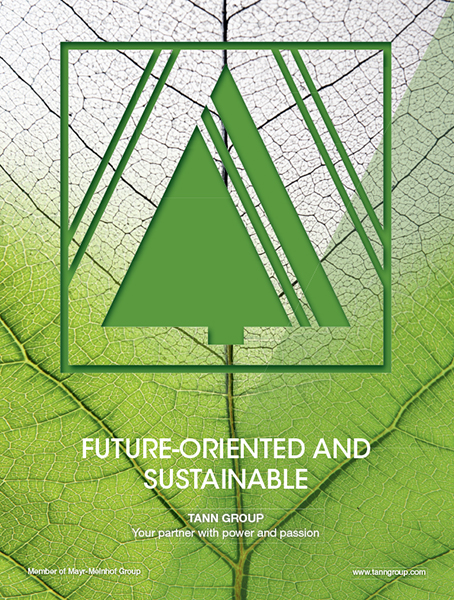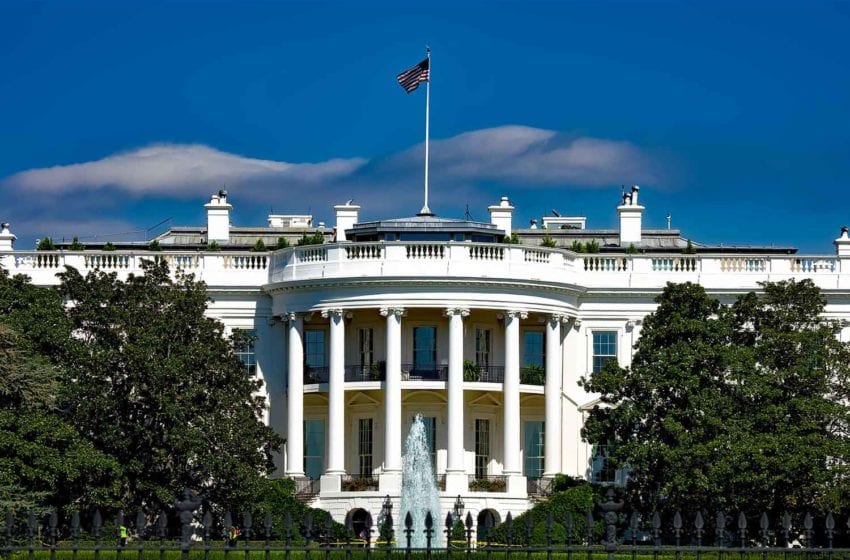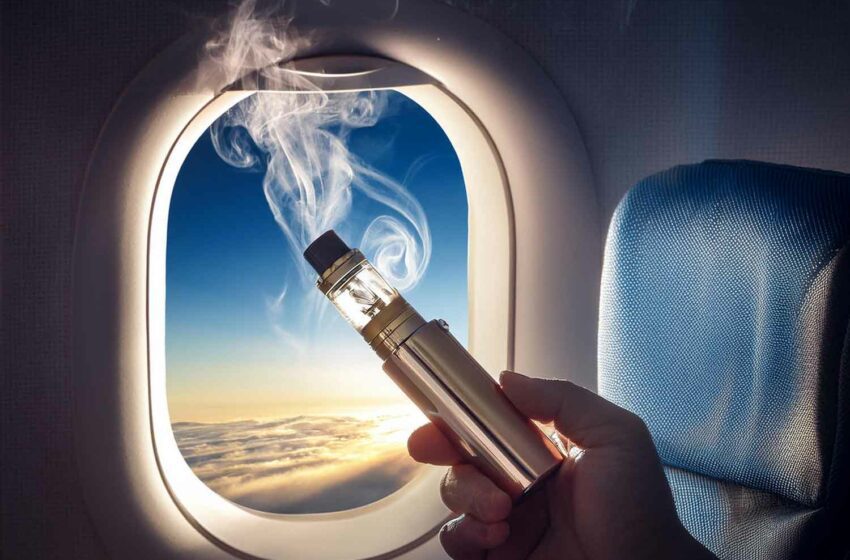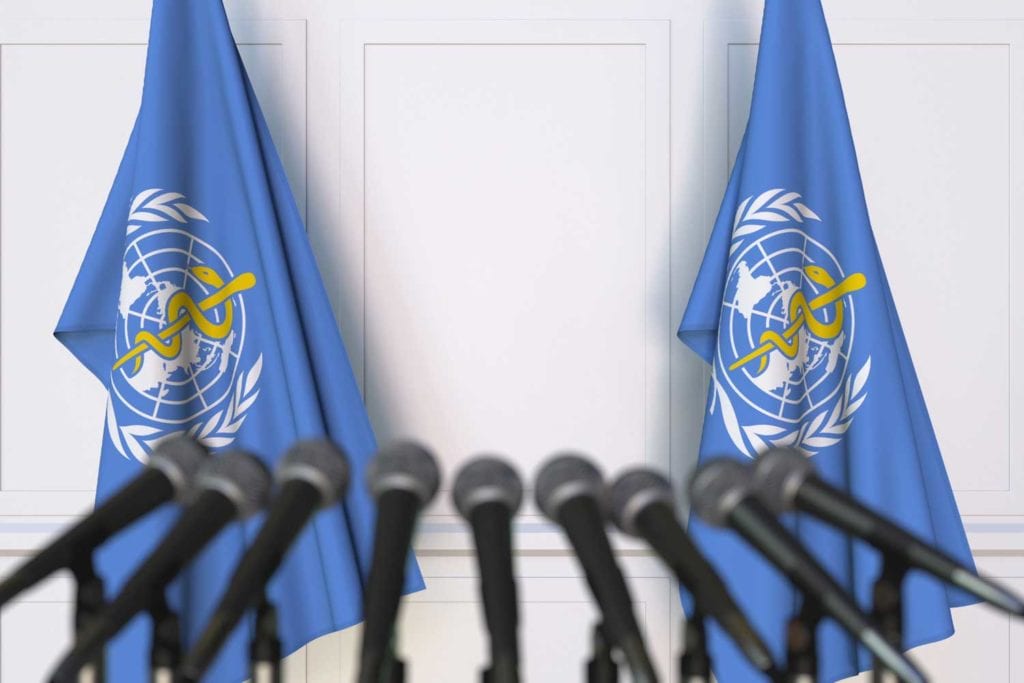
Five questions for the Framework Convention on Tobacco Control as the treaty marks its 15th anniversary
By George Gay
This year marks the 15th anniversary of the entering into force of the World Health Organization’s (WHO) Framework Convention on Tobacco Control (FCTC), but I won’t be sending a card. I’m sure the parties to the FCTC will understand. It’s nothing personal. It’s just that it’s unwise, especially for somebody of my age, to make unnecessary trips to the shops and post office just now because, while the WHO had its eyes focused firmly on tobacco smoke, a colossal, deadly pandemic arrived on the doorstep, seemingly without very many people in the global health community noticing. Or, if they did notice it, perhaps they didn’t like to make a big deal of it straight away, presumably because they didn’t want to make a fuss and alarm people unnecessarily.
Nevertheless, I guess that the pandemic has put a bit of a damper on the FCTC’s anniversary celebrations, which kicked off on Feb. 27, two days after the WHO’s coronavirus timeline described the director-general of the organization, Tedros Adhanom Ghebreyesus, as having “repeatedly called for ‘solidarity, not stigma’ to address Covid-19.” So at least one good can come out of this mess. We can assume, I suppose, that the WHO, which has spent 15 years using the FCTC to urge national governments to stigmatize smokers, has now realized that stigmatizing certain groups of people is discrimination at its most ugly and grossly unfair.
The elephant in the WHO’s smoke-filled rooms wasn’t even called a pandemic—such a nasty word—until March 11, but, about 10 months on, Covid-19 has been responsible for the premature deaths of more than a million people, huge social upheavals, domestic and international political rows, and catastrophic economic damage that is causing untold hardship, especially among the financially worse off. I believe the virus that causes Covid-19 is thought to have become endemic in some areas. Still, let’s not get into a blame game. After all, anybody can make a mistake.
Ruling out harm reduction
I have long found it difficult to understand why a global health organization would become obsessed with tobacco smoking, which is legal and a lifestyle choice for some perfectly respectable people, but seemingly be less bothered about devastating health threats that can sweep across national borders and that the person in the street has almost no defense against. Let’s not pretend that the current pandemic could not have been predicted and that it caught everybody by surprise.
I can be sure of two things, however. Nobody will be held to account for this mess, and the parties to the FCTC will continue to pat themselves on the back for “saving lives.” Of course, in reality, not one life has been saved in the physical sense. Some lives might have been extended but without the FCTC asking the people concerned whether they wanted to have their lives extended. The view of this point from Geneva will, after all, be different to that from, say, some of the world’s many war zones.
I have from time to time also wondered why the WHO feels compelled to stick it to smokers alone, and my curiosity was roused once again by a number of recent comments from respected members of the health community who have suggested the WHO has lost its way with tobacco. These comments suggest the WHO is ignoring what is currently the most promising tobacco harm reduction tools by, de facto, ruling out the use of innovative nicotine-delivery products produced by the tobacco and nicotine industries to transition cigarette smokers to far less risky habits.
Picking on smokers
So I decided it was time to take a fresh look at the FCTC treaty text, and I didn’t have to read far to find what probably is the answer to part of my query. The very first item in the preamble to the treaty says the parties to the convention are determined “to give priority to their right to protect public health.” It jumps out at you, doesn’t it? The words “their right.” What exactly do they mean by “their right”? Do they believe this right has been divinely bestowed and that their mission is to save lives at a spiritual level? It seems unlikely in this day and age, but you have to wonder when you observe some of their inquisitional-style tactics, such as putting smokers on the tax rack, geared up with the Protocol to Eliminate Illicit Trade in Tobacco Products, which came into force in September 2018, despite the fact that, even now, it has only attracted the support of 58 parties out of the FCTC’s 181.
And how is it that the parties to the FCTC assume that their rights override the right of smokers to smoke? I would willingly concede that the parties to the FCTC, in so far that they represent governments, have an “obligation” to protect the public, which is part of the democratic contract between voters and governments, but I get nervous when rights are invoked. Obligations tend to make people set to work; rights tend to cause people to forget their obligations, mount their high horses and launch moral crusades. And let’s face it, you cannot mount a moral crusade against an invisible virus—you just look silly. If you want to mount a moral crusade, you need to do it with panache, and that needs an identifiable enemy. A windmill, perhaps, or better still, a smoker.
But even if the WHO needs an enemy it can point at, why did it pick on smokers and smokers alone? It was a conscious choice and one of which it is proud. One of the first sentences of the anniversary website proclaims that the FCTC is the only international treaty negotiated under the auspices of the WHO. There is, in other words, no treaty aimed at stigmatizing drinkers, polluters and the other groups of people involved in harmful activities that affect other people as well as themselves. This is odd to my way of thinking because it is becoming clear that pollution is causing far greater damage to people’s health than smoking, especially in the case of young people.
The questions
So what is the FCTC about? It’s difficult to say because it’s a shadowy organization that shuns publicity, save that contained in the controlled announcements it puts out. Attendance at its meetings is strictly controlled so that, I guess, everybody present is in agreement about stigmatizing smokers before these events get under way. And in such circumstances, the only way to find out about this organization is to conduct an “interview,” using a modified version of what I understand is the five-point questionnaire devised by the late Tony Benn for interrogating the powerful:
- What rights do you, the FCTC, believe you have in respect of involving yourself in the lives of smokers?
- From where did you get these rights?
- In whose interests do you use these rights?
- To whom are you accountable?
- How do we get rid of you?
What worries me, in respect of the first question, is that the FCTC might be laboring under the misapprehension that ethics and rights are linked: that taking what it sees as an ethical, nose-in-the-air stance on tobacco smoking in itself confers on it the right to encourage regulations opposed to such smoking. This is nonsense. It is quite possible to be opposed to something ethically but be willing to uphold other people’s rights to avail themselves of that thing. I would imagine that just about every government in the world claims to be ethically opposed to tobacco smoking but nevertheless does not introduce legislation aimed at ending it anytime soon.
I cannot answer the second question because, as far as I am aware, there has been no divine intervention. And if that right was bestowed by some nondivine being, and given the fact that smoking is legal, you get into a circular argument about who gave that being the right to bestow such a right …
I know the answer to the third question, however. It is present and future generations. The anniversary website tells us, “The aim of the convention is to protect present and future generations from the devastating health, social, environmental and economic consequences of tobacco consumption and exposure to tobacco smoke.” This is all very noble, if one is willing to concede that the parties to the FCTC have the right to act in this way, but it still raises numerous questions. One is why is there no protection from alcohol consumption, which almost certainly is playing an indirect part in increasing the spread of Covid-19, and no protection from pollution? After all, there is no point acting to protect future generations from tobacco consumption and smoke if, because of pollution, climate change and environmental breakdown, there aren’t going to be many future generations as currently seems likely. Another is why is there no stigmatization of those who consume alcohol? Down at my local supermarket, I can choose from row upon row of alcoholic drinks, some of them flavored, but none of the bottles or cans that contain these drinks show graphic warnings stigmatizing drunks with pictures depicting them beating their partners to death, urinating in their pants or choking on their own vomit.
To whom is the FCTC accountable—or more pointedly, beholden? I guess it’s those who hold the purse strings, though it is clearly the case that they are not holding the organization to account. A better health outcome could be achieved by doing away with the FCTC’s meetings and giving the considerable amounts of money saved to the world’s poorest to spend as they see fit. This would have the added benefit of saving the environment from the considerable damage inflicted by flying representatives of the 181 parties to and from the meeting venues.
Finally, question five. How do we get rid of you? Simply by having governments, which best understand how their societies operate, take full control of their own tobacco policies. There is no need for a supranational body to oversee the demise of the tobacco industry. The industry is supplying the tools to do the job, and all that national governments have to do is aid that process by allowing sensible, truthful advertising of the new products and by keeping an eye on those products. If the WHO wants a role, it should concern itself with ensuring that tobacco growers, especially those in Africa, are given the tools to transition away from tobacco and into other, more lucrative operations.
And if the FCTC wants to maintain a role, it should change its ways by treating smokers as ends in themselves not as a means to an end.


